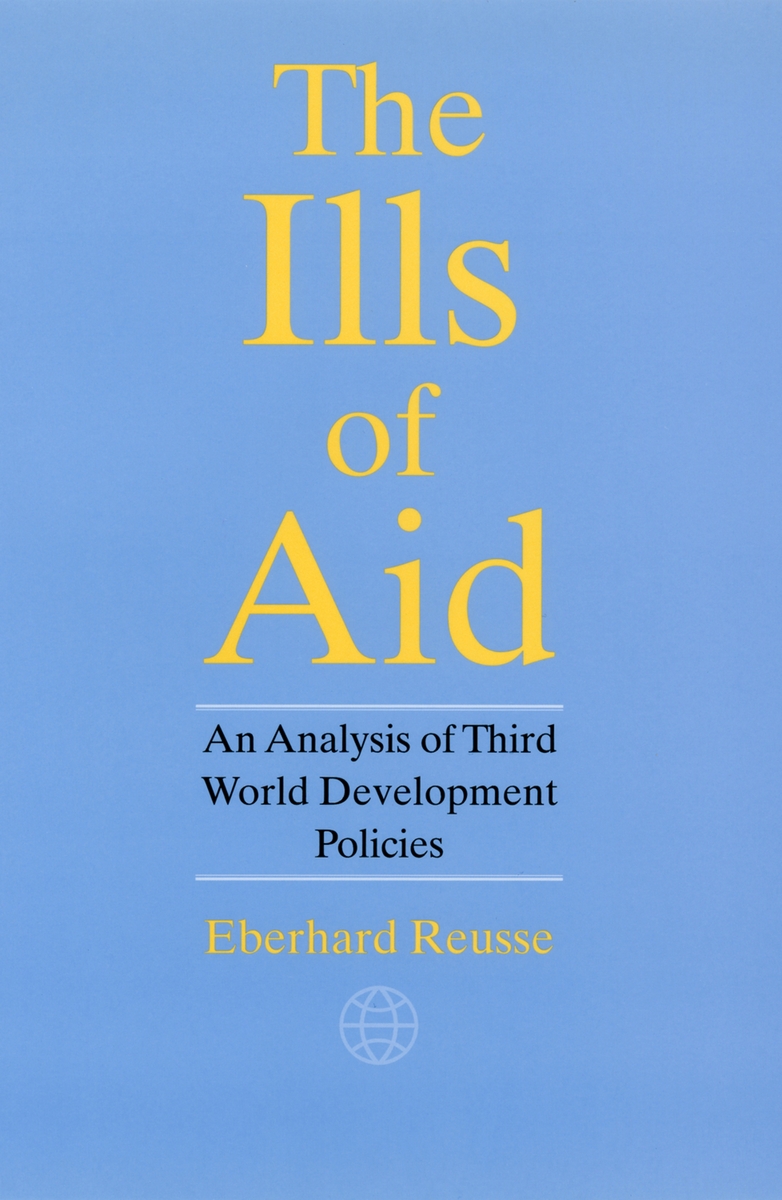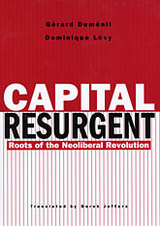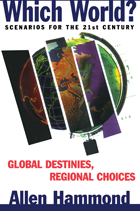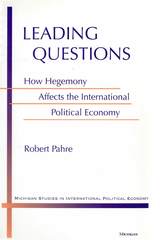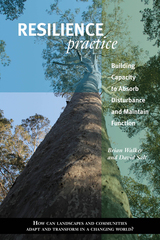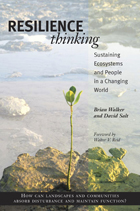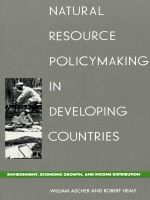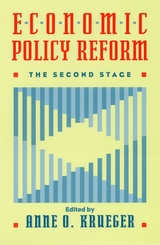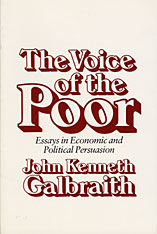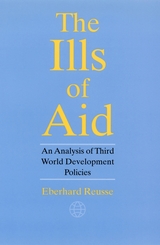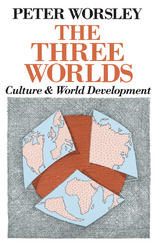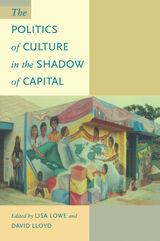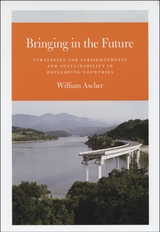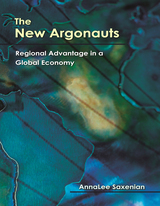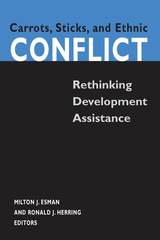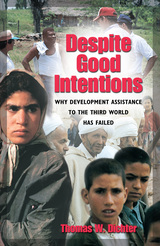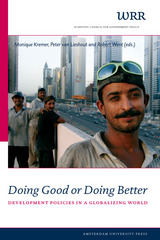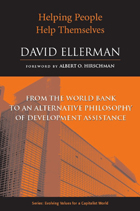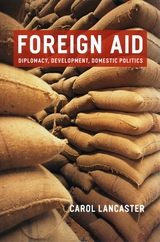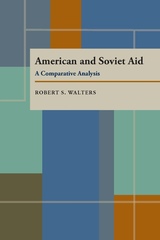The Ills of Aid: An Analysis of Third World Development Policies
University of Chicago Press, 2002
Cloth: 978-0-226-71014-3
Library of Congress Classification HC59.7.R4738 2002
Dewey Decimal Classification 338.911724
Cloth: 978-0-226-71014-3
Library of Congress Classification HC59.7.R4738 2002
Dewey Decimal Classification 338.911724
ABOUT THIS BOOK | AUTHOR BIOGRAPHY | TOC
ABOUT THIS BOOK
With this book, Eberhard Reusse channels thirty years of experience with international aid programs into the task of both diagnosing the problems afflicting these programs and formulating a possible cure. Supporting his analysis with detailed case studies of two rural development programs in Africa—the United Nations’ "War on Waste" and cereal banks for small-farmer communities—Reusse reveals a system riddled with flaws. Impatient assumptions, belated and often suppressed recognition of their invalidity, and the perpetuation of unsuitable programs over decades—all are characteristic of the system. Local populations "fail" to participate in programs, or their accumulated firsthand knowledge is ignored and marginalized. Development experts make misjudgments or are adversely pressured by funding concerns. Programs are unevaluated and unaccountable to donors, perpetuating themselves long after they’re proved ineffective or inefficient. And throughout the book, Reusse demonstrates the principal systemic flaw: unrealistic interventionist paradigms—that is, Western notions of Third World realities that misidentify needs for intervention—at the root of most inappropriate development policies. The problems continue to this day.
Very few critiques of foreign development aid have approached the subject from the perspectives of organizational, rural, or epistemic sociology. The Ills of Aid combines all three, and points toward fundamental solutions: more direct accountability to the primary funding base—the international taxpayer—and the privatization of aid. Learned, pragmatic, and important, The Ills of Aid is essential reading for all in the field.Organization, other international and bilateral development programs, and development financing institutions. His field experience embraces more than forty countries.
Very few critiques of foreign development aid have approached the subject from the perspectives of organizational, rural, or epistemic sociology. The Ills of Aid combines all three, and points toward fundamental solutions: more direct accountability to the primary funding base—the international taxpayer—and the privatization of aid. Learned, pragmatic, and important, The Ills of Aid is essential reading for all in the field.Organization, other international and bilateral development programs, and development financing institutions. His field experience embraces more than forty countries.
See other books on: Aid | Developing countries | Economic assistance | Economic development | Evaluation
See other titles from University of Chicago Press
